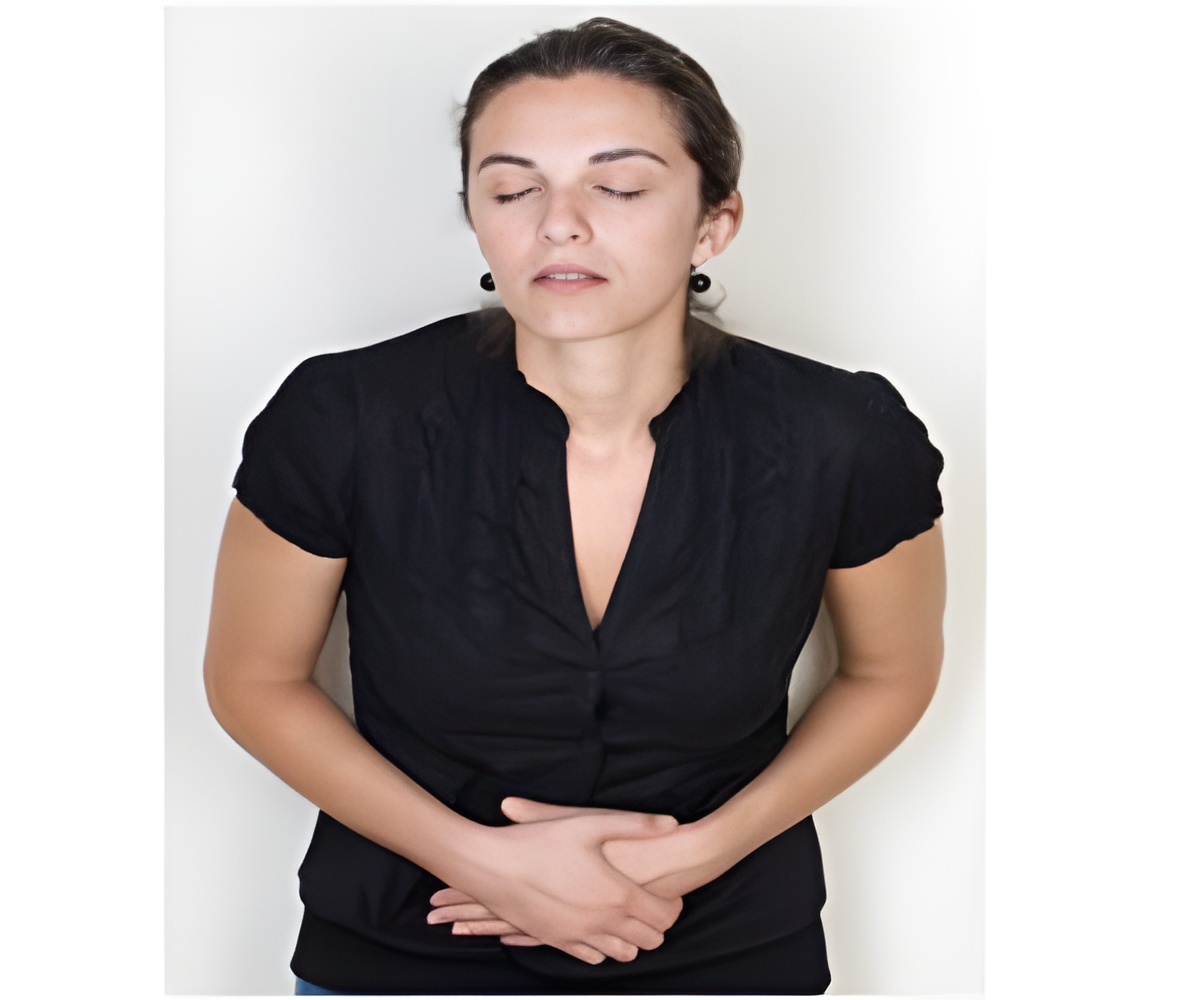Emotional responses in women can differ significantly premenstrually. They can get depressed or grumpy while menstruation or the premenstrual phase, also known as premenstrual syndrome (PMS).

Brain scans show a significant increase in activity in the medial orbitofrontal cortex related to emotional processing premenstrually, even if women’s emotional responses do not vary significantly.
The relationship between estrogen and emotion was first investigated over 100 years ago, and it has been shown that estrogen can improve mood.
Research has shown that during prepuberty, boys are twice as likely as girls to need psychotherapy. However, the opposite is true postpubertally.
Women are twice as likely to develop anxiety or depressive disorders compared to men. Women’s increased vulnerability to depressive disorders typically occurs between the beginning of puberty and the age of 55, in concert with estrogen level changes.
In addition, it is believed that about 95 percent of women have recurrent psychosis or a noticeable increase in negative emotions along with the fluctuation in endogenous estrogen level.
Professor Luo Yue-Jia from the College of Brain and Cognitive Sciences of Beijing Normal University and Dr. Chen Chunping from the Institute of Psychology of the Chinese Academy of Sciences systematically reached this conclusion after analyzing a number of other studies on the subject.
The focus of the researchers was to understand the role that estrogen plays in women’s mood swings.
The authors believe that the hormones do not exert a unique effect on the body and absolute, but regulate physical and psychological changes in several dimensions.
The influence of estrogen in women’s emotions, they say, is related to more than one system: the psychological, neurological and endocrine systems are interdependent.
Therefore, an effective blending of psychology, biology and physiology is needed.
If we achieve a comprehensive understanding of the internal mechanisms related to emotional changes and estrogen, we can provide a theoretical support system to help address female emotional disorders, the researchers said.
The paper was published in Science China: Life Sciences.
Source-ANI
 MEDINDIA
MEDINDIA




 Email
Email







